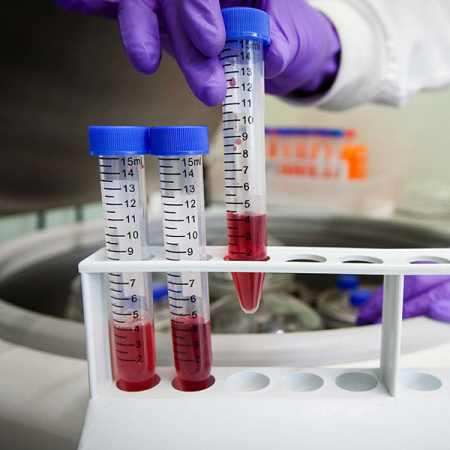Description
During this course, you will learn about some of the challenges and limitations in the field of pharmacogenomics and the different types of genomic biomarkers – the predictive tools for optimising drug responses and preventing adverse reactions.
You will learn from leading experts in genomics about:
- The genomic basis of drug reaction and drug efficacy, the ethnic differences that apply; and how these are implemented in prescribing practice.
- Challenges and limitations of pharmacogenetic studies, including the availability of patient samples for studies of adverse drug reactions; allelic heterogeneity between different ethnic groups, and patient compliance with the drug regime.
- Different types and examples of genomic-targeted intervention and how to tailor drug treatments to improve a patient’s response.
- Genomic biomarkers: SNPs, variability of short sequence repeats, haplotypes, DNA modifications; for example, methylation, deletions or insertions, copy number variants, RNA expression levels, RNA splicing, microRNA levels.
- Use of biomarkers in treatments other than cancer.
- Use of genomic information for targeted drug development.
- Companion diagnostics and options for NHS service delivery models.
- Availability of direct-to-consumer testing and the implications for pharmacogenomics testing.
Learning outcomes
By the end of this module you will be able to:
- Evaluate the genomic basis of drug reaction and drug efficacy.
- Appraise the strategies and analytical approaches for stratifying patients.
- Analyse the challenges and limitations of pharmacogenetic studies.
- Evaluate the different types of biomarkers used in personalised medicine.
- Critically evaluate how genomic information can enable the development of drugs targeted for particular genotypes.
- Critically evaluate the use of pharmacogenetic testing for patient stratification and the integration into standard healthcare.
- Evaluate ethical, legal and social issues relating to patient stratification.
- Appreciate the importance of patient choice regarding treatment plans.















